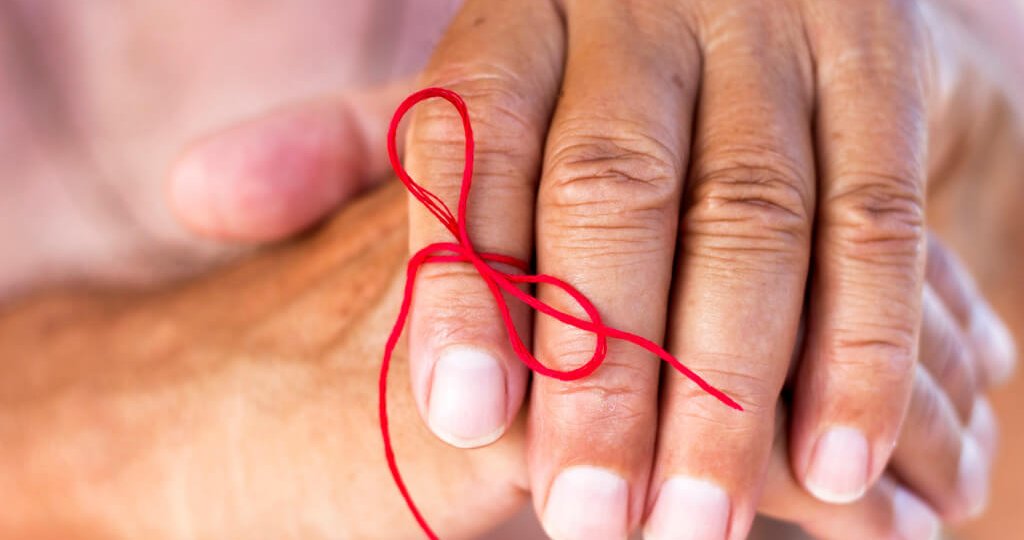
Many people experience absentmindedness from time to time. Even younger types encounter memory lapses every now and then. Yet, there are times when forgetfulness requires closer scrutiny. So, in honor of National Alzheimer’s Disease Awareness Month taking place in November, let’s look at a few of the more common signs of the disease.
Confusion
Many individuals briefly can’t recall what day of the week it is. And, fleeting uncertainty regarding where we are or why we’re there is not exceedingly uncommon. However, when a person experiences returning confusion, an evaluation is in order.
Forgetting how to perform tasks
Certain tasks may not be as easy to carry out, especially as some of us grow older. Consequently, we may need help setting up Bluetooth or scheduling alerts on a smartphone. Nevertheless, when daily duties like walking to a familiar destination or paying a credit card start to present a challenge, it is time to talk to your doctor.
Losing items.
Almost everyone loses an item at some point. In fact, certain people habitually misplace keys or sunglasses. In typical cases, people can usually go over where they’ve been to locate the mislaid article. Yet, more significant concerns should arise when lost items cannot be found or they are found in odd locations (e.g., checkbook in the freezer).
Is Alzheimer’s curable?
Regrettably, at this time, experts say “no.” On the other hand, newer treatments appear to present promise.
For example, researchers have identified the protein beta-amyloid as a key factor in Alzheimer’s disease, as it can lead to plaque in the brain. Drugs that address beta-amyloid are currently being explored, and 2015 data suggests some are showing favor.
Non-drug treatments also appear encouraging. In fact, a group of Australian researchers are feeling optimistic, as they believe they have found a way to restore memory, at least in mice. Interestingly, the researchers used ultrasound therapy to break up two believed Alzheimer’s offenders: amyloid plaques and neurofibrillary tangles. Impressively, the non-invasive approach resulted in restored memory for 75% of the afflicted mice. Clearly, no one can tell at this point if people’s brains will react in the same way: human trials are expected to take place in two years or so. For further information regarding the March 2015-released study, go to www.ncbi.nlm.nih.gov.
In other research, the supplements ginko biloba, curcumin, and omega-3 fatty acids are believed to help stave off memory loss. Some experts are excited by the news, but others believe additional studies are needed before they can support the claim.
Alzheimer’s disease is a debilitating condition that affects not only the sufferer but also surrounding loved ones. Still, effective therapies appear closer than ever. Early detection is key, especially when trying to slow some of the more troubling symptoms of the illness. For additional dementia data, go to www.alz.org.

